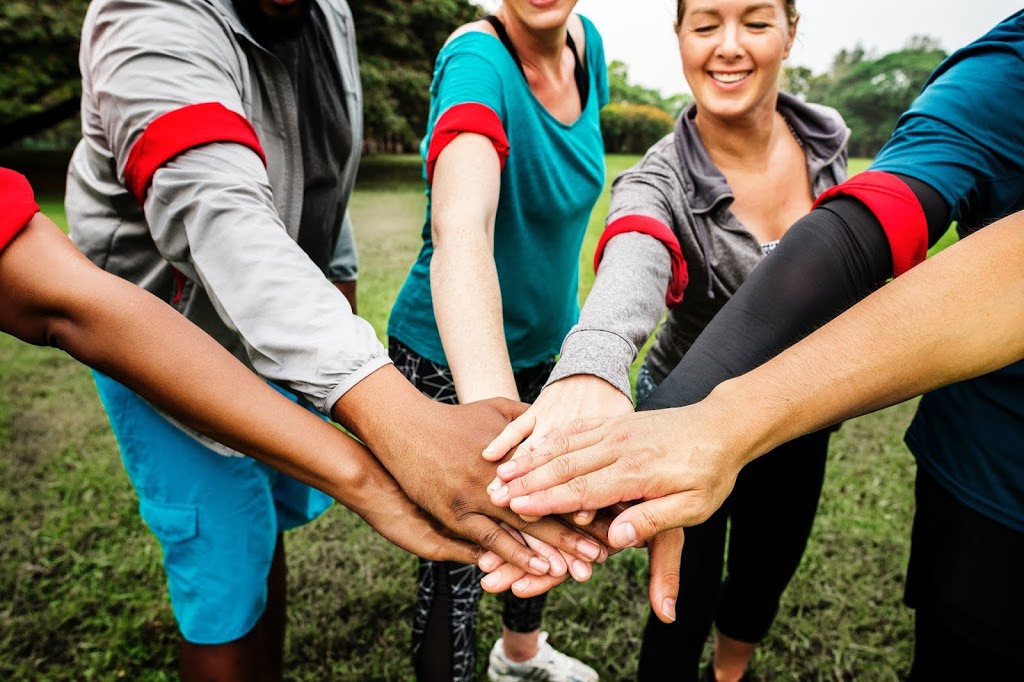When you were in active addiction, you probably spent a lot of your time alone, withdrawing from friends and family who didn’t share your routine of heavy drinking or drug use. The people you spent the most time with were probably those who encouraged your bad habits. When you decided to clean up your act and enter a rehab program, it may have been the first time in years you realized how many people you pushed away with your self-destructive behaviors.
Once you commit to making a fresh start, you might feel like you want to take complete ownership of your recovery and meet your challenges head-on. However, embarking on this journey requires plenty of help and support. Taking it on without a team at your back can be a significant source of stress, which can jeopardize your well-being and put you at a higher risk of relapsing.
Why Seek Support in Your Recovery?
As you embark on this new phase of your life, you will need to find family and friends who understand what you’re going through and are there to pick you up when you’re struggling with self-doubt. Your sober support group will help you in a variety of ways that will change you for the better.
- Facing challenges will be easier. When you encounter a hurdle or roadblock on your path, you might feel overwhelmed. Your first impulse in a stressful situation might be to revert to your old habits of drinking or drug use. In this scenario, you need people you can count on to help prevent you from falling back into a cycle of self-sabotage. The insight and advice of supportive family members and friends can help put a difficult or emotional situation in perspective.
- Friends help reduce tensions. You might have begun using alcohol or drugs to smooth your anxiety in social situations, only to discover your addiction made your anxiety deepen. Bringing a sober supporter with you to parties or other social scenarios helps reduce the stress and awkwardness associated with these situations.
- Family and friends keep you grounded. Sometimes, you might become too confident in your ability to confront triggering situations, which could increase your risk of relapse. Someone who knows what you’re going through and understands how important it is to preserve the progress you’ve made can offer valuable insight about your behavior.
- You will always have people to celebrate with you. Being surrounded by people who support your progress is invaluable, especially when you are struggling. They can help you look back and see how much progress you’ve made along the way and will always be there to cheer for you, even when you are feeling dissatisfied with yourself.
- You will gain a boost in your self-confidence. Nothing feels better than having a group of positive people who are proud of you and enjoy seeing you succeed. Their role in your recovery can help build up the self-esteem that years of substance misuse wore down.
You Can’t Go It Alone
Recovery is a lifelong journey with many peaks and valleys. Some setbacks and struggles are inevitable, which can create stress that puts you at risk of relapse. However, having a sober support system will make your recovery more manageable and bring more joy into your life.
When you are ready to make a new start, contact the Canyon Crossing team. Our women’s-only treatment facility in Prescott, Arizona, is here to provide the foundation for your sobriety with our range of programs that will heal you physically, mentally and spiritually.




